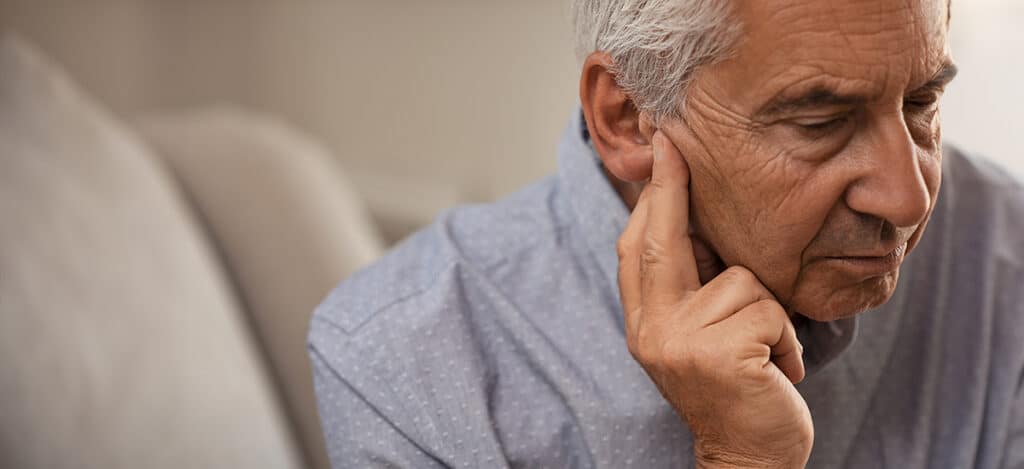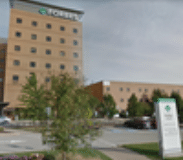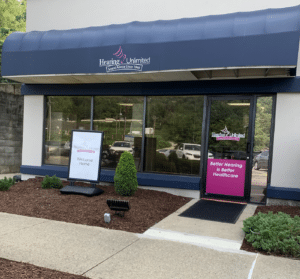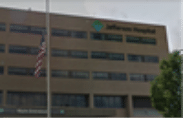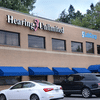When you turn the volume up while listening to your favorite song or watching your favorite show, you typically do not think about how it will affect your hearing health. But did you know that noise exposure is one of the most common causes of hearing loss?
Noise-induced hearing loss (NIHL) affects 5.2 million adolescents and 26 million adults. Once loud sounds cause damage to the sensitive structures of your inner ear, the effects are permanent. Fortunately, NIHL is easily preventable. Here is everything you need to know about what causes NIHL, symptoms of NIHL, and how you can avoid permanent damage to one of your most important senses:
Understanding the Hearing Process
You know that your ability to hear is extremely important. But do you know what behind-the-scenes steps are involved in hearing functionality? Before we are able to hear sound, various processes facilitate the change of sound waves in the air into electrical signals in our brain. Let’s break it down:
- Sound waves pass through the outer ear and travel through the ear canal. This is a narrow passageway that leads to the eardrum.
- The incoming sound through the ear canal produces vibrations in the eardrum.
- These vibrations are sent to the cochlea located in the inner ear. The cochlea is a small snail-shaped structure that is split into upper and lower sections. These parts are known as the basilar membrane.
- The basilar membrane is the base in which key hearing structures are located. The hair cells at the top of the basilar membrane relay sound information to our brain.
- The hair cells create an electrical signal that is carried by the auditory nerve to our brain, where it turns into a sound we can recognize and understand.
What is Noise-Induced Hearing Loss?
Noise-induced hearing loss occurs when the hair cells located at the top of the basilar membrane have been damaged. Unlike the hair on your head, these hair cells are unable to grow back once they die, resulting in permanent hearing loss. Noise-induced hearing loss typically occurs gradually as the result of exposure to loud noises over an extended period of time. However, it can also occur as a result of a single exposure to a very loud blast of sound, such as a gunshot. According to the American Speech-Language-Hearing Association, there are three factors that put you at risk for noise-induced hearing loss:
- How loud the noise is
- How close you are to the noise
- How long you hear the noise
NIHL Symptoms: Do I Have Noise-Induced Hearing Loss?
It is important to stay ahead of your hearing health. Early detection and prevention is key. But how do you know if your hearing loss is a result of exposure to loud noise? Here are some signs that may be indicative of noise-induced hearing loss:
- Difficulty understanding soft/high-pitched sounds
- Muffling of speech or other sounds
- Ringing in the ears (tinnitus)
- Difficulty understanding conversations in noisy public settings
- Difficulty understanding speech over the phone
- Pain or discomfort upon hearing certain sounds
- Having to constantly turn up the volume of the television or radio
Prevention Strategies: What You Can Do
We rely on our sense of hearing to not only enjoy certain sounds, but to communicate and develop socially. Studies have shown that children who suffer from hearing loss had higher levels of behavioral issues in comparison to children with adequate hearing functionality. Here are some ways you can prioritize your hearing and prevent the consequences of NIHL:
- Be aware of noises that can result in hearing damage— Sound levels are measured in decibels (dBA). The higher the decibel, the higher your risk is for NIHL. Noises that surpass 85dBA can cause permanent damage to your ears.
- Distance yourself from loud sounds— The easiest way to prevent NIHL is to stay away from loud, hazardous noises. Actively limit your exposure by removing yourself from the presence of loud sounds or turning down the volume.
- Wear hearing protection— Earplugs or earmuffs are handy devices that can prevent noise-induced damage by significantly reducing the level of sound that enters your ears.
- Visit an audiologist— The care team at Hearing Unlimited can help guide you through your hearing struggles. Our specialists stay up to date on the latest advancements in technology to provide our patients with accurate hearing evaluations and personalized assessments of their hearing needs. Our variety of hearing loss prevention and treatment services encompasses medical, communicative, and psychological dimensions.
At Hearing Unlimited, your hearing health is our priority. Our care team is highly experienced in diagnosing and treating your hearing concerns and is here to help. We provide various services for patients ranging from hearing aids to hearing rehabilitation. Schedule an appointment with us today or call (412)347- 5550

